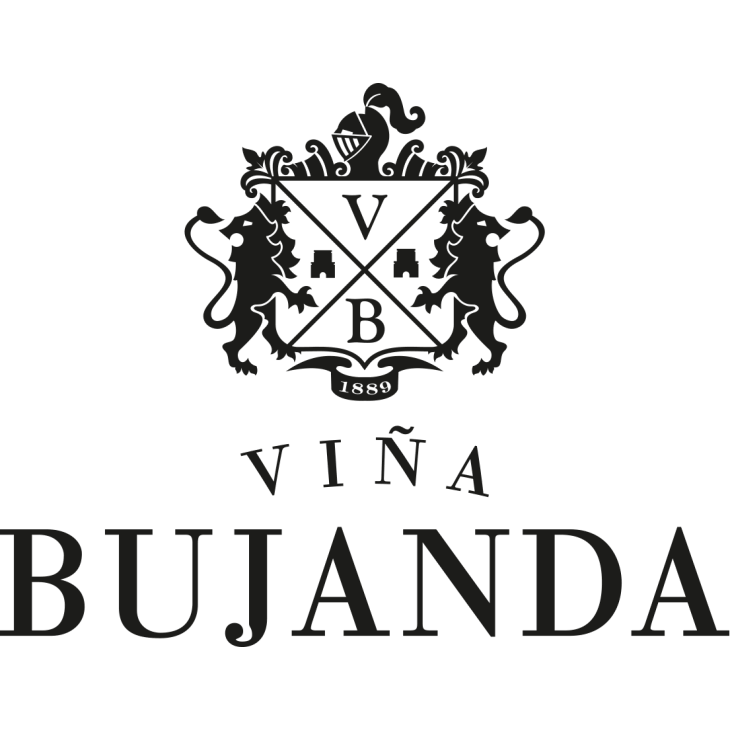The technical director of Familia Martínez Bujanda is openly in favor of the differentiation of vineyards and wineries and the recognition of terroirs and vineyards.
The world of wine is facing a new era in Spain, with more and more voices calling for the recovery of greater authenticity and differentiation of the extraordinary vineyards that are still preserved. Lauren Rosillo gives us her opinion on an issue that will probably mark a before and after: for the first time the Spanish wine sector has put on the table the need to differentiate vineyards, wines and wineries as it happens in other great and historical wine producing countries such as France, Italy, Germany, Austria…
- What is happening in the Spanish wine sector, with movements and lobbies demanding greater identification and recognition of terroirs and vineyards?
- Since the middle of the last decade, Spain has acquired the role of producer of cheap wine of the right quality in international markets. With the crisis of recent years, this situation has spread to the domestic market and has worsened in international markets. In this context, small producers and winemakers of estate and terroir wines are seeing their qualitative advantages diluted in a market that is increasingly global and detached from the vineyard. For this reason, there is a growing demand for an official differentiation of these wines as they preserve the classic diversity and heterogeneity in the wine market and are the essence of the wine market.
- Familia Martínez Bujanda is a member of the Asociación de Grandes Pagos de España. Is it still important for Finca Valpiedra to differentiate this winemaking model?
- Yes, Grandes Pagos is a private company and also intends to value the differences of each of its payments and use this differentiation as part of its own raison d’être.
- Spain has a problem: it sells wine but at low prices. Is production differentiation necessary?
- Spain is a country where, due to its climatic conditions, the cultivation of vineyards is relatively simple. Only in certain areas, also due to their special climate or orography, is cultivation more costly. These areas, sometimes with heroic viticultures, are the most affected in this context. On the other hand, the advantage of ease of cultivation, together with the high average quality of our wines compared to our most direct competitors (Italy and France), should make us see that the continuous lowering of prices of Spanish wines makes no sense and only leads to the loss of profitability of the wineries.
- Familia Martínez Bujanda produces estate wines, from parcela…., with brands already recognized nationally and internationally for their commitment to origin. What is specifically needed from a legislative point of view?
- In addition to official recognition, which would only serve to endorse our situation, we would need a policy that would not benefit the increase in yields covered by appellations of origin, uncontrolled irrigation practices or yield increases in processing.
- You have signed the Matador Club’s manifesto, which calls for the recognition of the country’s unique vineyards. Why?
- For 6,000 years, viticulture and enology have been linked to small terroirs, family businesses, local varieties and, in short, to a vineyard linked to an environment. This is what the manifesto aims to defend, since a globalized wine market would leave the essence of wine, i.e. these small producers, out of the game.
- Has the time come to remove the “make-up” from the wine and look for the authenticity of the terroirs and the vintages themselves, with their logical ups and downs?
- Unfortunately, the only thing that can save exceptional vineyards is that they remain outside the umbrella of ‘made-up’ wine, if by that word we mean wine that is made in search of global tastes, introducing pieces of wood into the tanks, with specific aromas to satisfy the consumer. In other words, wines that do not show their origin but rather a standard of average quality adapted to the broadest consumer profile. This trend, even business, is a fact today worldwide and only a small space is claimed for the rest of the wines of payment.




